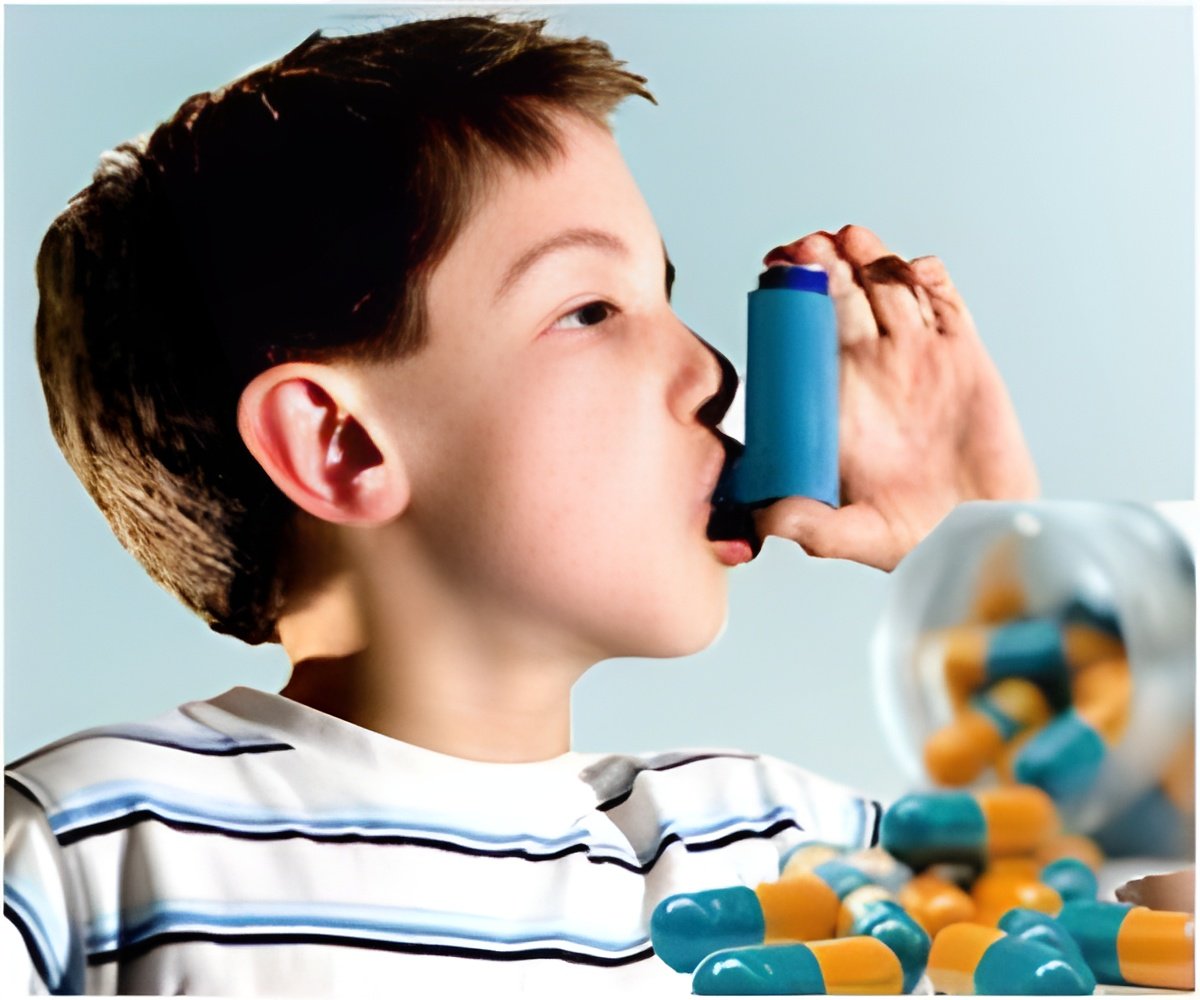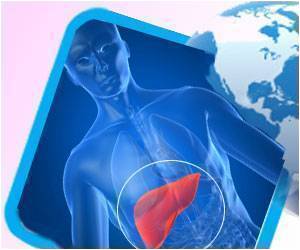Antibiotics are often prescribed with antiasthma drugs when they may not be required.

Asthma patients usually do not require antibiotics unless they develop respiratory tract infection. A study was conducted in Belgium to understand the use of antibiotics with antiasthma drugs in children with asthma. The study was conducted over 2 years. The authors found that there was a 3.12% decrease in the use of antibiotics in asthmatic children in the second year. During the second year, it was observed that 73.50% children on asthma drug received an antibiotic in the same year and 38.62% children received an antibiotic without an asthma drug during the same year. More importantly, about a third of the children were dispensed an antibiotic with an antiasthma drug on the same day.
Among the antibiotics, penicillins were most commonly prescribed followed by macrolides and cephalosporins. The cost of treatment was also high with the use of additional antibiotics.
The authors also deduced from the study that nebulization is overused in young children, and DPI and automatic inhalers are underused in older children.
The authors suggest that education of clinicians to reduce co prescription of antiasthma drugs and antibiotics unless necessary may help to reduce the use of antibiotics in children.
Reference:
Source-Medindia













